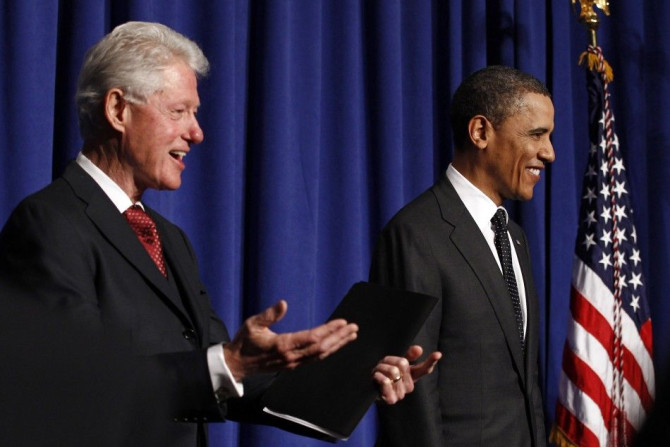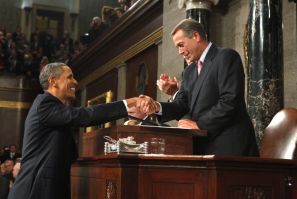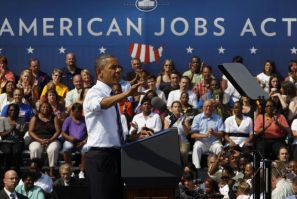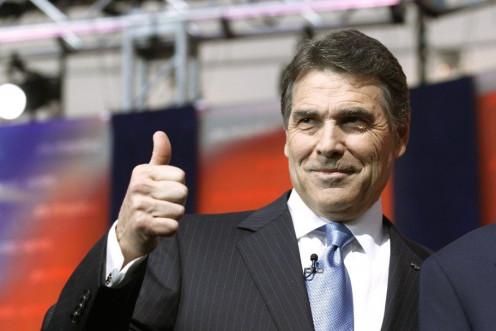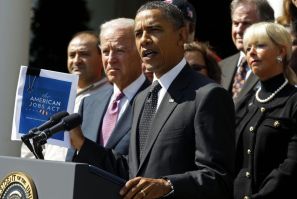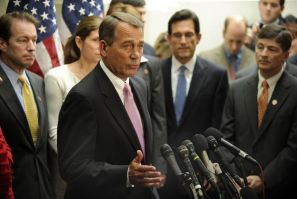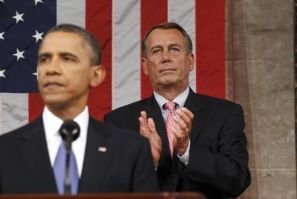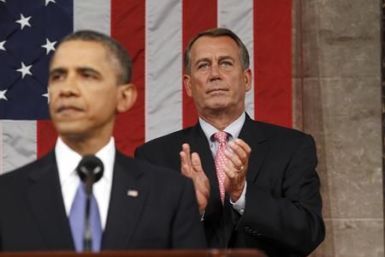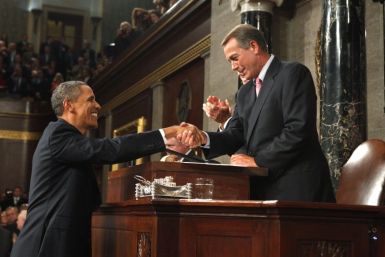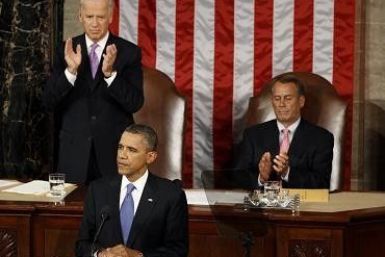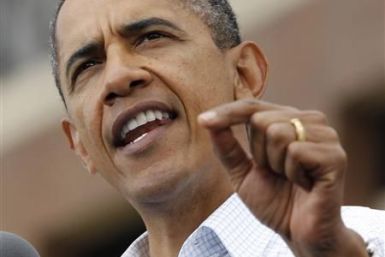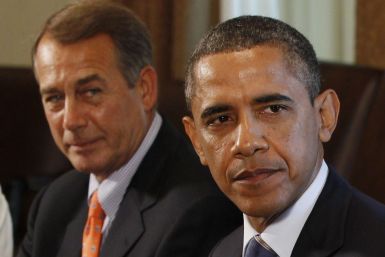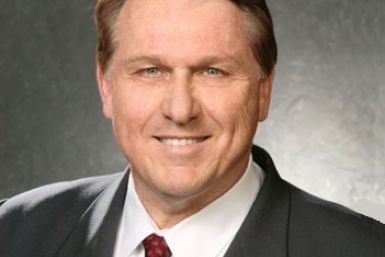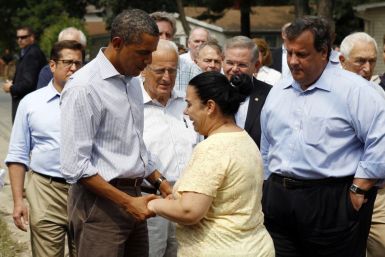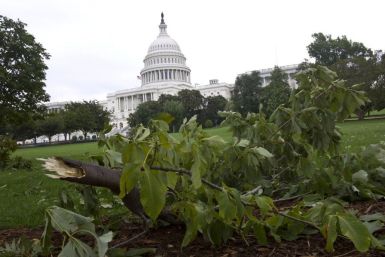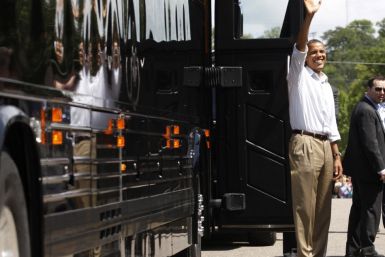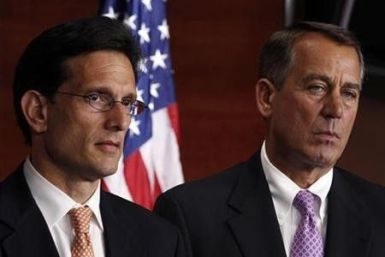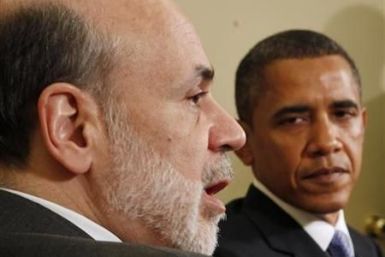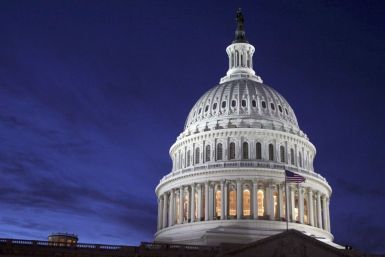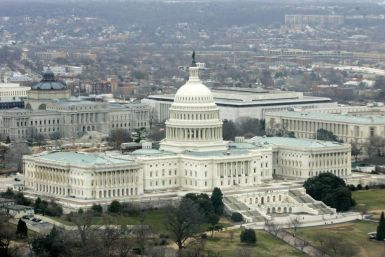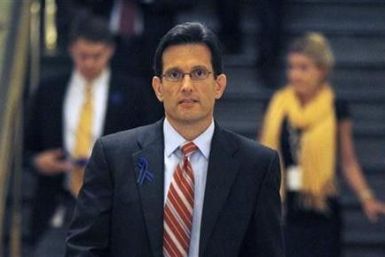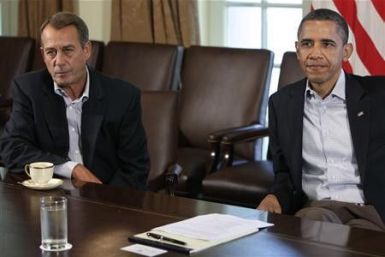President Barack Obama's freshly unveiled $447 billion jobs plan would substantially boost the economy by creating 1.9 million payroll jobs and growing the U.S. economy 2 percent, Moody's Analytics Chief Economist Mark Zandi said.
President Barack Obama, seeking to rescue a faltering economy and his own re-election prospects, began an uphill battle on Friday to win Republican support for a $447 billion jobs plan.
President Barack Obama, seeking to rescue the troubled U.S. economy and his own prospects for re-election, embarks on an uphill battle on Friday to win Republican support for a make-or-break $447 billion jobs plan.
In statements issued after President Obama's jobs speech on Thursday night, Republican leaders struck a note very different from the uncompromising, line-in-the-sand rhetoric that has been dominating political discourse. Criticisms of Obama and fundamental differences of opinion were still evident, but there were also gestures toward conciliation and compromise.
Bipartisanship was the catchphrase of the night, as both Democrats and Republicans called on their colleagues to work together in order to boost job creation.
Michele Bachmann was the only Republican to give a formal, full-length rebuttal to President Obama's jobs speech Thursday night; House Majority Leader Eric Cantor spoke briefly to Bloomberg TV and House Speaker John Boehner issued a short statement.
Even before President Barack Obama announces the details of his jobs plan Thursday night, Republicans are lining up to denounce the proposal and in some cases skip the president's speech altogether. The White House has sought to put the onus for a sagging economy on Congress if lawmakers do not act on the plan.
In his Thursday address, President Barack Obama is expected to call for extensive tax incentives as part of his administration's plan to jump-start job growth, which has ebbed in recent months as the originally stimulus ended. However, the plan faces an uphill battle in House, where ruling Republicans are likely to oppose it.
The incendiary remarks prompted an outcry from Tea Party officials who demanded that Hoffa personally apologize and that Obama rebuke the union boss.
U.S. President Barack Obama on Sunday urged Republicans not to play politics with federal disaster aid as he toured flood-stricken New Jersey and pledged to do everything possible to help states recover after Hurricane Irene.
Federal Emergency Management Agency's disaster aid money is swiftly running out as it faces a daunting Hurricane Irene cleanup that could cost billions of dollars.
As states along the East Coast begin to clear away Hurricane Irene's wreckage, Washington began a fresh round of budget sparring over how to help pay for the cleanup.
Washington's never-ending budget battle threatened to snarl the recovery from Hurricane Irene as a top Republican said on Monday that any federal aid will have to be offset by spending cuts elsewhere.
Republicans in the House of Representatives want to create jobs by killing regulations on companies and passing tax breaks for small business and government contractors, Majority Leader Eric Cantor said on Monday.
The White House on Wednesday said President Barack Obama would unveil fresh ideas to jump-start the economy and cut deficits, but details offered so far appeared to be a compilation of old proposals.
The roots of the debt deal showdown: Ascendant Tea Party faction Republicans pushed their case, remained remarkably cohesive and defiant, and essentially won the U.S. debt deal crisis.
The Senate Banking Committee has begun looking into last week's decision by Standard & Poor's to downgrade the U.S. credit rating, a committee aide has confirmed.
The world's largest economy was headed toward an unprecedented default, and all Washington wanted to talk about was the manner in which the president had left a room.
The bill, which will cut federal spending by up to $2.4 trillion over 10 years, raises the debt ceiling, and now goes to the Senate, where that chamber is expected to vote on it, and pass it, by Tuesday, late afternoon. If all goes as planned, the bill will be on President Obama's desk, and his signature will avert a default.
Leaders from both, major political parties fanned-out across Capitol Hill Monday night to secure votes to pass the bipartisan debt deal bill, which would also raise the debt ceiling, and avert a U.S. Government default. The strongest opposition will occur in the House, but two-chamber passage is expected by 1 a.m. EDT Tuesday.
House of Representatives Republican leader Eric Cantor Thursday challenged the Democratic-led Senate to accept a House-passed bill raising the debt limit or suffer the consequences of default.
Paul Light has worked in and studied the institutions of government in Washington for more than three decades. He has written papers and taught about the great American legislative battles of modern times, where compromise has nearly always prevailed.


